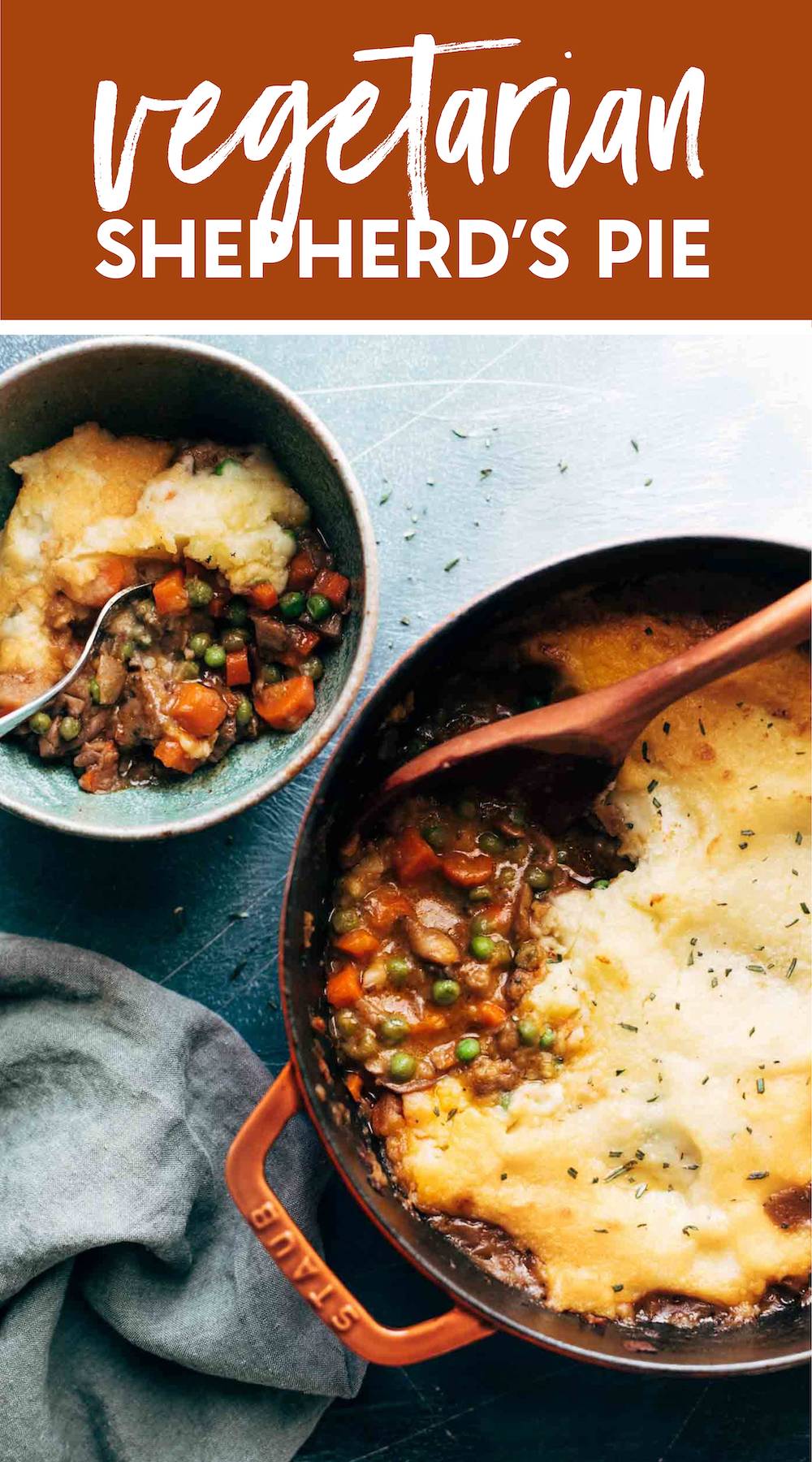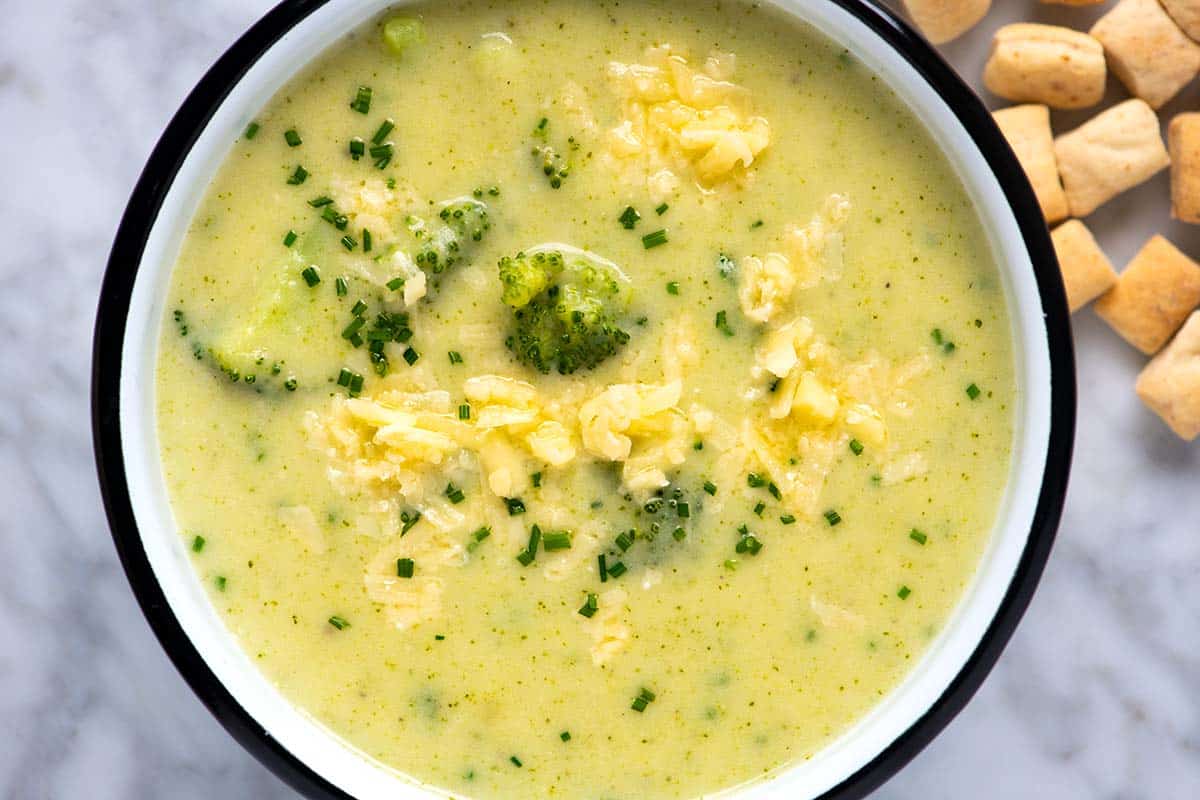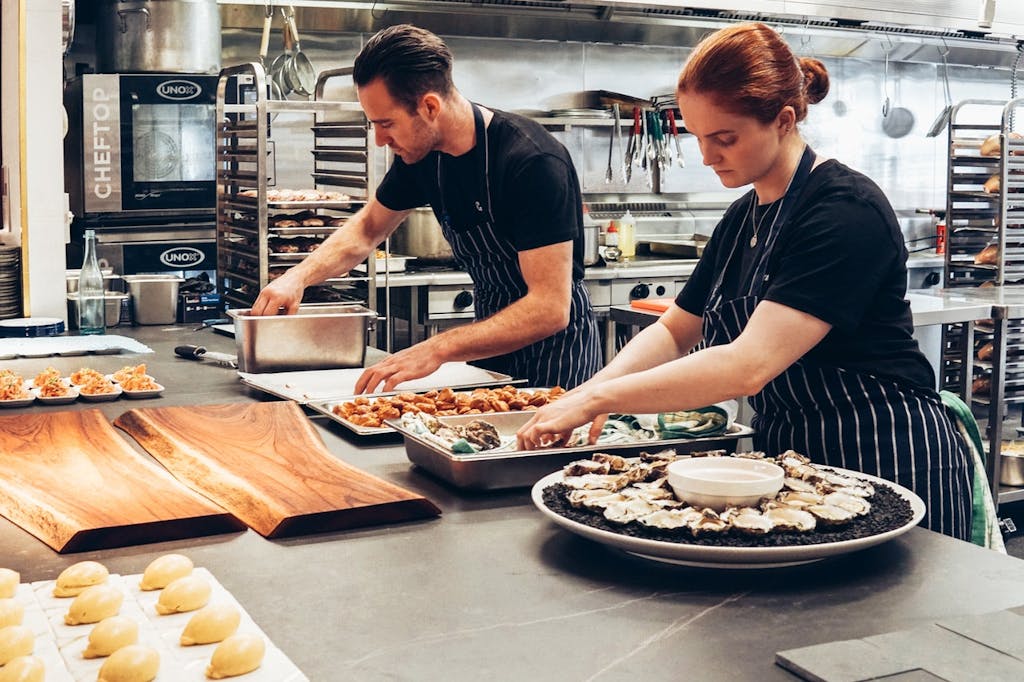A new digital cookbook celebrates the food of migrant communities

Starring recipes for buttermilk fried chicken, ackee and saltfish fritters, and Mauritian mutton curry, a new cookbook bringing together dishes from a diverse range of cuisines has been released today, with profits going towards helping the families of victims of Covid-19. Over 100 mostly UK-based contributors have submitted a recipe for the e-book, Community Comfort, which is the brainchild of Riaz Phillips.
The food writer, activist, and author of Belly Full: Caribbean Food in the UK (Tezeta Press; £20) dreamed up the idea in late May, when news broke that the pandemic was disproportionately affecting ethnic minorities in Britain. Phillips had been volunteering with his mother, delivering shopping to a local estate in north London, but wanted to do something on a bigger scale.
During lockdown Phillips, like many people, was cooking more. He noticed some had turned to food from their heritage, the nostalgia of parents’ or grandparents’ dishes bringing comfort during turbulent times. Community cookbooks tend to showcase recipes from pockets of society, often with several contributing authors; his was a way to “bring a lot of people together, and use that power of community to raise money.”
The book is available to download for a minimum of £10, with the money going towards the Majonzi Covid-19 Bereavement Fund, launched in part by Windrush campaigner Patrick Vernon. £10k has already been donated. Phillips was encouraged by the campaign’s emphasis on what he calls the “back end” of the pandemic, the unseen impacts such as paying for memorials, or the need for therapy. A study by UCL has found that depression and anxiety has been higher among ethnic minorities during lockdown, and Phillips says there is still “huge stigma” in some diaspora communities about confronting mental health issues.
The book has another angle. “Something I try to do in all my projects is raise awareness and cast a bigger net over the faces shown in the food world,” he explains. Over 100 names represent diasporas from all over Africa, Asia and South America. The list is diverse, not only in colour and background but fame, too. There are household-name chefs like Michael Caines and James Cochran; writers such as Jimi Famurewa; those behind high-street favourites like Saiphin Moore of Rosa’s Thai and Naved Nasir of Dishoom; and lesser-known names, including food photographer Yvonne Maxwell and vegan supper club host Shanice Bryce.
There was no criteria for recipe submissions, says Phillips. “Even though we’ve got a diverse community, these people do consider themselves British. A lot of people said ‘I don’t cook from my heritage’, and I said that’s not important.” Phillips simply wanted any interpretation of comfort food. Thus a sprinkle cake sits alongside jollof rice or ackee and saltfish.
For James Cochran, owner of 12:51 in Islington, London, the comfort-food brief could only mean one thing: fried chicken. Growing up in Whitstable, he would be taken on monthly trips to Brixton by his St Vincent-born mother. They’d buy things they couldn’t find on the Kent coast, such as breadfruit and plantain. “My mum felt it was important for me to understand where she’s from.”

“I had fried chicken from Morley’s, which stays with me to this day,” Cochran continues. “It was a joyous occasion. It’s nostalgia.” When the lockdo
wn hit and his restaurant, which melds his West Indian and Scottish roots, was forced to close, Cochran switched to takeaway – of fried chicken. It has been a hit, and will remain on the menu when the restaurant reopens today.
“I’m proud of my heritage, so this was 100 per cent something I wanted to be involved with,” says Cochran, who wants to see more black chefs represented in restaurants. “Someone asked me how many black chefs I’ve worked with in the last 15 years. I can’t say one.” Giving back to those affected by Covid-19 was, he says, a “no-brainer”.
So too for photographer Yvonne Maxwell, who along with her husband and young baby contracted the virus in March. The local community rallied to deliver them essential food parcels and nappies. “These things are so important and will stick with me forever,” says Maxwell, who is pleased to support a book advocating for long-lasting change.
She hopes her recipe for roasted plantain and pistachio ice cream will remove plantain from its “box”. An ingredient she feels is often misunderstood, and wrongly compared to a sweet potato by Western media, it’s something she can’t imagine living without. “Plantain is life,” she says. “It features in Asian cooking, Caribbean cooking, African cooking, it’s everywhere. It’s integral in terms of fusing those communities together.”
There are several vegan recipes in Community Comfort, and while plant-based diets are often represented as trendy, white and middle class, vegetarianism and veganism is prevalent in cuisines across the world, such as in India, Ethiopia, or among rastafarians in Jamaica. “Veganism is rooted in our history,” says Shanice Bryce, founder of OOM Studio and host, pre-lockdown, of vegan supper clubs raising money for environmental causes in Jamaica.

Her recipe is a plant-based take on the Jamaican stew called rundown, with aubergine replacing the traditional mackerel. “I settled on what I remember about growing up,” Bryce explains. “My mum’s in the kitchen, I can smell something boiling on the fire, often coconut cream for rice and peas, thyme from my aunt’s garden. I wanted to incorporate those ingredients.”
Bryce’s aunt works for the NHS and that personal connection boosted her desire to support others affected by the pandemic, as did the chance to raise awareness about the disparity of Covid-19’s effect on ethnic minorities. “We’re not at greater risk because of genetics, it’s because we’re on the frontline in healthcare positions,” says Bryce. “It’s important for us to continue supporting these communities. They are the people helping us.”
Phillips, who designed the book and cooked and photographed each recipe over a month, says there has long been a stigma around immigrant cuisines. The book’s introduction speaks of the “smelly”, “funny” or “exotic” comments many of the contributors faced when taking their lunchboxes to school.
But now shame is turning to pride. “When I was getting submissions I was so excited about the diversity, things I’d never heard of before,” says Phillips, who hopes that, alongside the money, Community Comfort will “raise awareness of all the foods and people that exist in this country.”
To buy Community Comfort: Recipes from the diaspora, visit tezetapress.com/donate
Roasted plantain with pistachio ice cream and salted pistachio brittle

by Yvonne Maxwell
Plantain is the ultimate form of comfort food. When cooked, the sugars are drawn out from intense heat, the flesh caramelising until soft and golden. This is an adaptation of boli, a Nigerian street food dish of roasted plantain that is then eaten with groundnut.
SERVES
four
INGREDIENTS
For the pistachio ice cream
-
150g unsalted pistachios, shelled
-
200g granulated sugar
-
4 egg yolks
-
320ml whole milk (or any nut milk of your choice)
-
320ml double cream
-
1 tsp vanilla extract
-
1 tsp almond extract (optional)
For the roasted plantain
METHOD
-
To make the ice cream, finely grind the pistachios with 70g of the sugar in a blender or spice grinder, taking care not to over-grind into a paste.
-
Combine the egg yolks with the remaining sugar in a bowl and whisk until they are fully combined and pale yellow in colour.
-
Place the milk, double cream and ground pistachio mix into a large saucepan and bring to boil. Remove from heat and stir in vanilla extract and almond extract (if using). Gradually pour the hot milk mixture over the eggs, whisking continuously to prevent the eggs from scrambling.
-
Return the custard mixture back to the saucepan and simmer on a low heat, whisking until the custard thickens and coats the back of a spoon – roughly 10 minutes. Place the mixture in the fridge until cold, about 1 hour.
-
If using an ice cream maker, process the mix accordingly and freeze in an airtight container, placing cling film over the mixture before covering. Alternatively, freeze in an airtight container until firm (about three hours), stirring every hour in order to break up any ice crystals that may form – this will give your ice cream that creamy texture.
-
For the roasted plantain, preheat the oven to 200C/180C fan/Gas 6. Line a baking sheet with foil and set aside.
-
Rinse and dry the plantain. With a sharp knife, cut both ends off each plantain and carefully cut a shallow line down the long seam, taking care not to pierce the flesh. Peel and discard the skin. Coat each plantain with the oil and a sprinkling of sea salt flakes and place on the tray.
-
Bake for 15-20 minutes, turning them over halfway, until the plantain is golden brown on all sides and tender.
-
Remove the ice cream from the freezer 5-10 minutes before serving, to soften.
-
To serve, split the roasted plantain in half using a knife and place on a plate, then dollop ice cream over it. This is good with broken pieces of pistachio brittle.




:max_bytes(150000):strip_icc()/types-of-engagement-ring-settings-guide-2000-86f5b8f74d55494fa0eb043dee0de96e.jpg)

